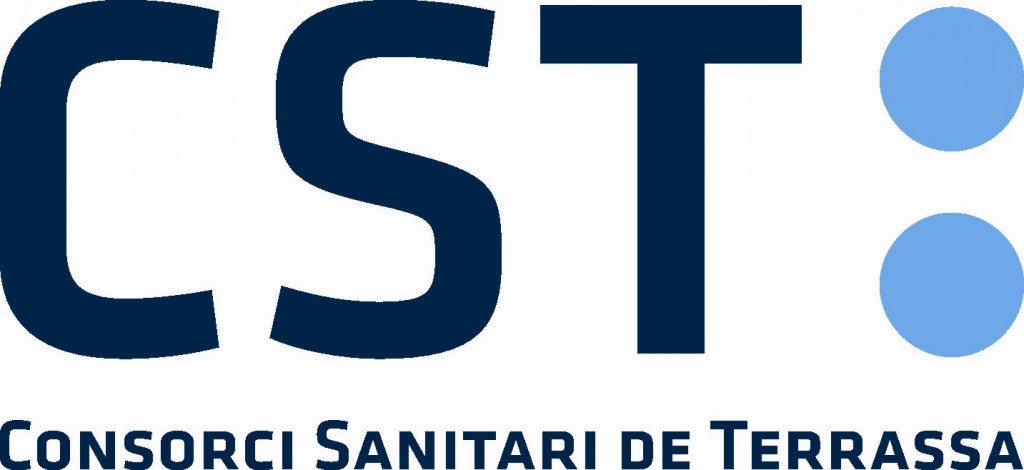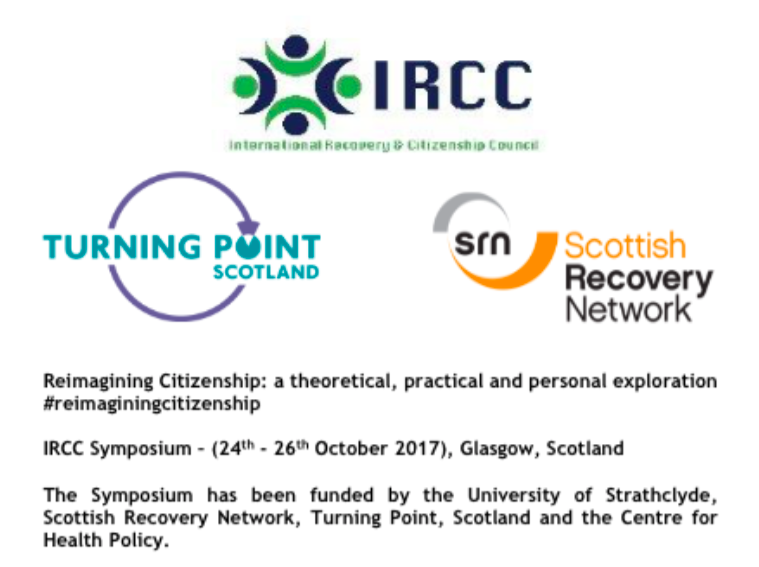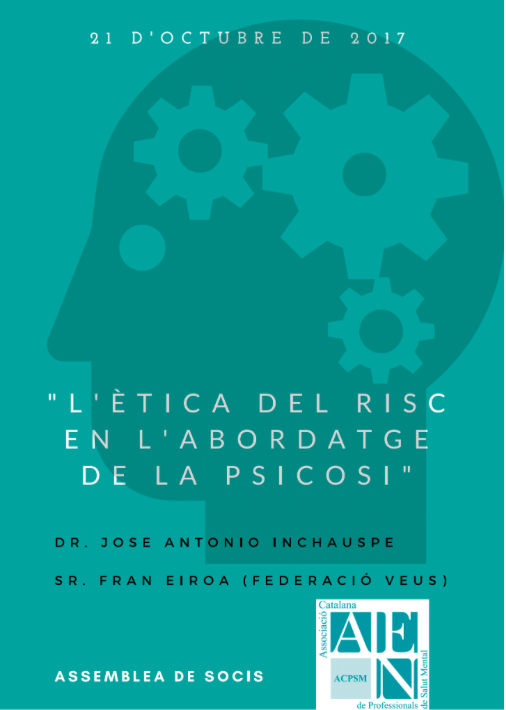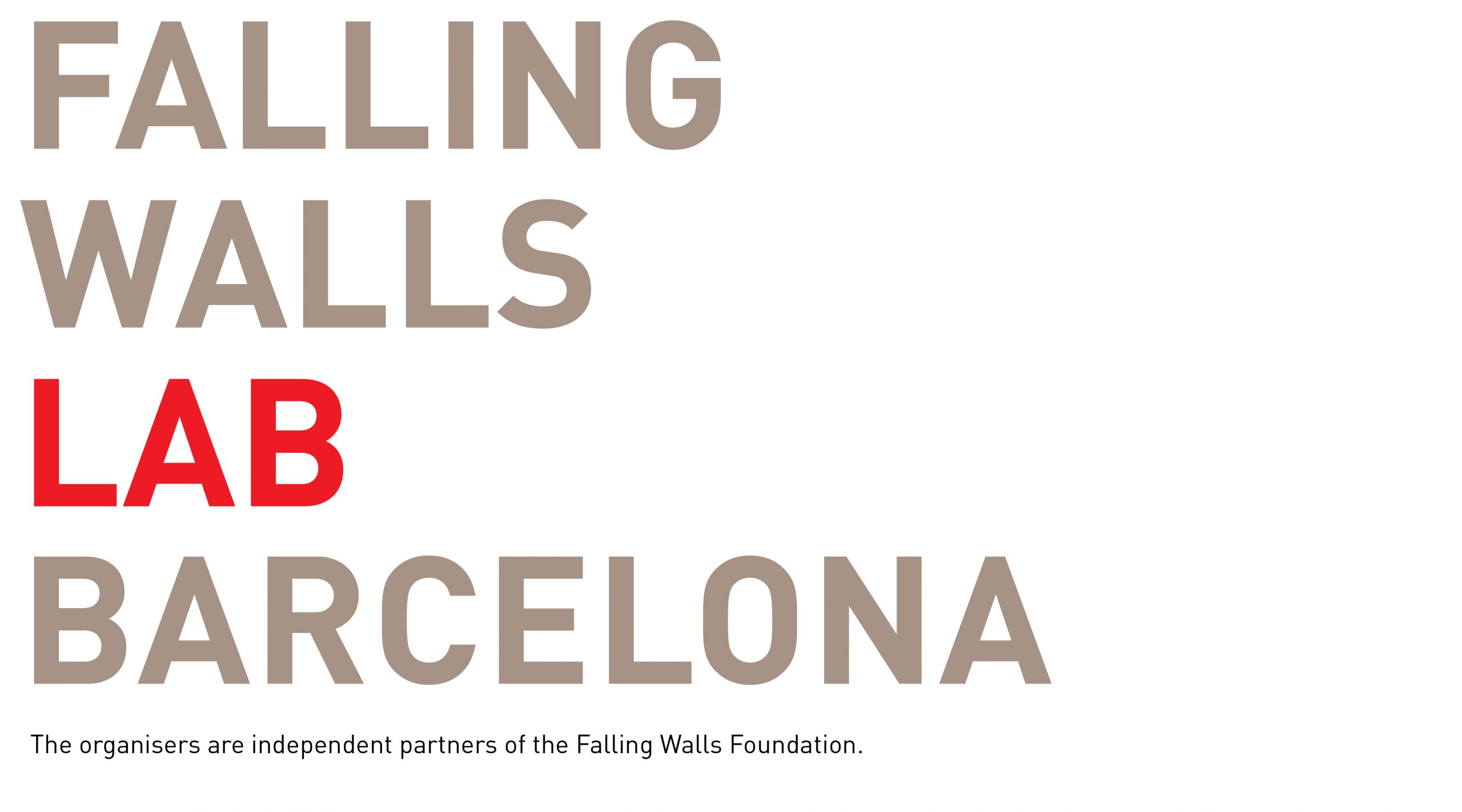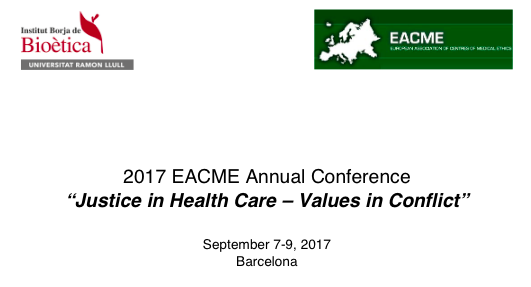Beyond recovery: towards rights-based mental health care
Recently, the recovery movement in mental health, among other transformative movements, has begun to promote citizenship, both as a tool of participation and therapeutic intervention, and social prescription to expand the range of therapeutic options of primary health practice. and mental. This process has been carried out by strengthening the links between health services and community resources. We perceive a need to increase the participation of civil society, particularly the movements in the first person, for a focus on rights […]
Beyond recovery: towards rights-based mental health care
Recently, the recovery movement in mental health, among other transformative movements, has begun to promote citizenship, both as a tool of participation and therapeutic intervention, and social prescription to expand the range of therapeutic options of primary health practice. and mental. This process has been carried out by strengthening the links between health services and community resources. We perceive a need to increase the participation of civil society, particularly the movements in the first person, for a focus on rights […]
Creating synergies between mental health professionals and the mental health first person movement
Despite all the improvements made since the process of deinstitutionalisation took place, and the growing presence of family and the so-called first person associations (also known as (ex-) users or survivors’ organisations), the perception of stigmatisation and the presence of paternalistic practices carried by mental health professionals still remains a pending issue. Download Poster
The first-person vision of Mental Health: The “Veus” Foundation
Participation in the “Roundtable: Listening and talking, different perspectives on mental health.” What is the reality that people with mental illness live in our society? What experiences do they have? What is their role when deciding their treatments and therapies? What Associations exist? How are they organized? Why is it so important to talk about stigma nowadays?
Validation of an instrument developed using participatory-action-research techniques to measure the effectiveness of training and sensitization activities in mental health
In this presentation, we will present a novel instrument developed using participatory-action-research techniques for the evaluation of the effectiveness of training and sensitization activities. Additionally we will present the results of training activities carried out “in first person” by mental health peers with mental health residents and practitioners. Our results show statistically significant changes in general attitudes and beliefs, especially in dimensions related to paternalistic attitudes.
Breaking the wall of professionals’ stigma in mental health
Despite all the improvements made, perception of stigmatisation and the presence of paternalistic practices carried by mental health professionals still remains a pending issue. In order to break down this wall, recently, mental health recovery, among other transformative movements, has begun to promote citizenship, both as a participation tool and as a therapeutic intervention.
Beyond recovery: towards rights-based mental health care
Recently, the recovery movement in mental health, among other transformative movements, has begun to promote citizenship, both as a tool of participation and therapeutic intervention, and social prescription to expand the range of therapeutic options of primary health practice. and mental. This process has been carried out by strengthening the links between health services and community resources. We perceive a need to increase the participation of civil society, particularly the movements in the first person, for a focus on rights […]
Beyond recovery: towards rights-based mental health care
Recently, the recovery movement in mental health, among other transformative movements, has begun to promote citizenship, both as a tool of participation and therapeutic intervention, and social prescription to expand the range of therapeutic options of primary health practice. and mental. This process has been carried out by strengthening the links between health services and community resources. We perceive a need to increase the participation of civil society, particularly the movements in the first person, for a focus on rights […]


